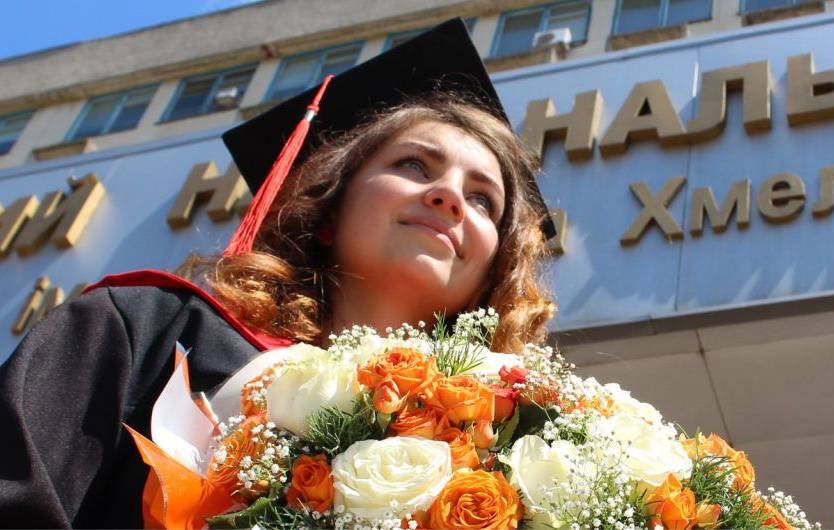Anhelina Borodai, a third-year student of the “Journalism” educational program at the Educational-Scientific Institute of Ukrainian Philology and Social Communications of Bohdan Khmelnytsky National University of Cherkasy, took part in the international academic mobility program for students under the Erasmus+ КА171 project.
During the spring semester of 2025, she studied at the St. Pölten University of Applied Sciences (Austria).
The student took part in the interdisciplinary course European Project Semester (EPS), in which participants from different countries worked in teams to develop scientific and educational projects. Each group was assigned a different task.
Anhelina joined a team of five participants. Their goal was to develop a simulation-based VR game for training future social workers. Each team member had a specific role in the process – from scriptwriting to technical implementation.
“It was interesting to work with people from different countries. And it wasn’t just about the work – it was about new acquaintances too,” Anhelina shares.
The first weeks were dedicated to getting to know each other and team building. According to the participants, the success of the project largely depended on effective communication because linguistic and cultural diversity could be both an advantage and a challenge.
The Erasmus Student Network (ESN) actively facilitated the adaptation of international students by organizing excursions, trips, and cultural events. A German language course was also offered for those who did not have sufficient proficiency.
The first practical stage involved developing ideas for the future game and presenting them.
“We started with brainstorming: everyone offered their own vision of what our game could be,” Anhelina says.
The next step was studying the needs of the target audience. The project participants held meetings with future social workers. This allowed them to better understand their daily practices and expectations for the educational tool.
“We decided to focus on a story where the main character is a student studying social work. That way, we made the storyline closer to the reality of future users of the game,” Anhelina explains.
In the game, the player explores the house, learns about the heroine’s family through objects – newspapers, photos, notes – and then takes part in a dinner-time dialogue. The task is to persuade the heroine’s father of the unacceptability of his xenophobic remarks.
This episode required special attention to the script – it was important not only to create emotionally motivated lines, but also to remain within the realistic boundaries of social work practice.
Then the technical part began: modeling the VR environment, developing mechanics, conducting testing sessions, which involved future social workers who provided feedback and suggested improvements.
Also, the entire learning process was enriched by various activities. They were organized by both ESN and the students themselves.
“Not only were the official meetings important, but also student evenings – they helped us to relax after a busy day and at the same time get to know each other better,” the program participant recalls.
The program concluded with a final presentation showcasing the completed projects. Each team presented its work, and the best of them were awarded prizes. A formal farewell ceremony was held at the end of the semester.
“It was a completely new experience – and I’m very happy that I had the chance to take part in such a program. It wasn’t just about studying; it was a deep immersion in a different culture and environment. I’m grateful to the university for providing such educational opportunities!” Anhelina concludes.
http://cdu.edu.ua/en/news-en/a-bknuc-student-shared-her-impressions-of-studying-in-austria.html#sigProIdfa7074d67f
International Relations Office













